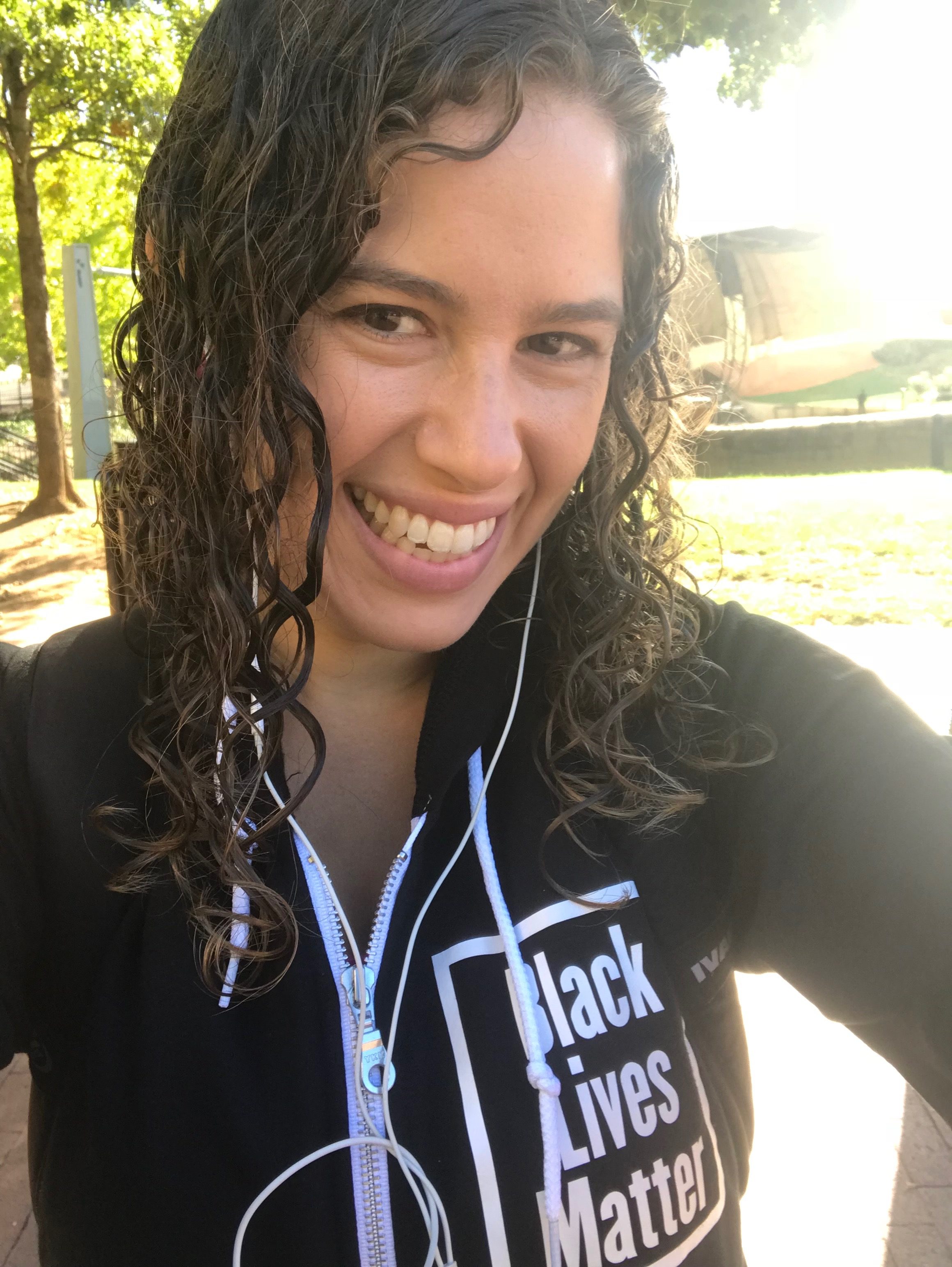This weekend was Boston Queer Pride. As a cisgendered female about to marry a cisgendered male, I spent a lot of this weekend and the weeks leading up to it thinking about social and political privileges that come with making a lifetime monogamous commitment, with religious recognition of our commitment, with legal recognition of our commitment, and with being able to talk about that commitment in any professional or social situation in which I find myself.
Friday night before the Dyke March, several members of a local Queer Jewish community met up for a Shabbat potluck. After dinner, another member of the community, whom I had met several times but do not know on a personal level, asked me very warmly what my plans were for the summer. I told her that my biggest plan is to get married in a few weeks. She smiled excitedly and paused as she carefully chose her next words so as to avoid assumptions about the gender of my betrothed. “And, is your fiancée here?” she asked.
“No, he is at a friend’s place tonight,” I responded, as my entire body filled with waves of emotion. What simple questions. In the past several weeks and months, I have repeated similar conversations several times. Telling people I’m getting married. Answering follow-up questions. Sometimes I am the first to express my partner’s gender, sometimes the other person does, indeed, make assumptions. But honestly, most of the time, I don’t notice.
This simple, safe, and supportive conversation with a fellow community member emphasized for me the heterosexual privilege I have benefited from during these several conversations about my wedding: I can talk about it wherever and whenever I choose. My physical, emotional, and professional safety is not on the line in these conversations. I don’t have to hold myself back and wonder if bringing up this topic would be taking too much of a risk. When I want to tell someone, when I want to refer to the wedding or bring it up, I can. Even by blogging about my wedding, by being so public about making this serious commitment to a “heterosexual lifestyle,” I am exercising privilege. I did not have to think through what this blogging choice would mean for my career, my public image, my family’s comfort, in the same way that I might have thought through it if the phrase “my partner” was followed-up with pronouns other than he, him, and his.
When I finished the conversation with the community member at the potluck, I looked around me for a few moments and then wandered away from the group, sat down by a tree, and sobbed. The weight of the moment, the weight of all those moments of casual conversation that had filtered through my personal and professional life throughout this period of engagement and wedding-planning, had hit me.
I think one of the reasons it hit me so hard is that this is a privilege I haven’t figured out how to use yet. I haven’t figured out how to share the “I’m [getting] married to a man” news and, in the same conversation, express my feminist values and queer politics and do or say something as a queer ally. I also haven’t figured out exactly how marriage will change the social aspects of this privilege. I know that there are legal, religious and material privileges that will come with marriage to a man — and I hope to share my thoughts on those in a different post — but there is also a different set of social privileges that come with marriage. Once I no longer have a boyfriend and do have a husband, how will that affect my social and professional standing? Furthermore, what responsibilities can I take on to be an even stronger ally for people who do not have access to those privileges?
I am about to enter one of the most cherished socially constructed privileges that a person can acquire in this heterosexist, patriarchal society. The question I want to address is, what can I do to foster critical self-awareness of that privilege and to doubly dedicate myself to eradicating the structures of power and oppression that have created it?

Asher says:
Thanks so much for sharing such a thoughtful blog, friend. <3
EmFish says:
Referring to one's partner as "partner" signals feminist values and queer politics fairly effectively, don't you think? And does away with some of the privilege that a marriage between a cisgender male and female would confer, since it makes people do a double-take and often make assumptions about homosexuality that are equally likely to be untrue.
JP says:
thank you for being aware (and writing about) the fact that something as simple as saying, "I'm getting married this summer" is in fact a political minefield of privilege! Rock on, my friend
Anonymous says:
You are amazing. and inspiring,
Stephanie says:
You have committed yourself to navigating these really tough questions as a part of your career, your partnership, and your friendships. I am constantly impressed and moved by that committmend, and I would never ask anything more from you.
<3 SD